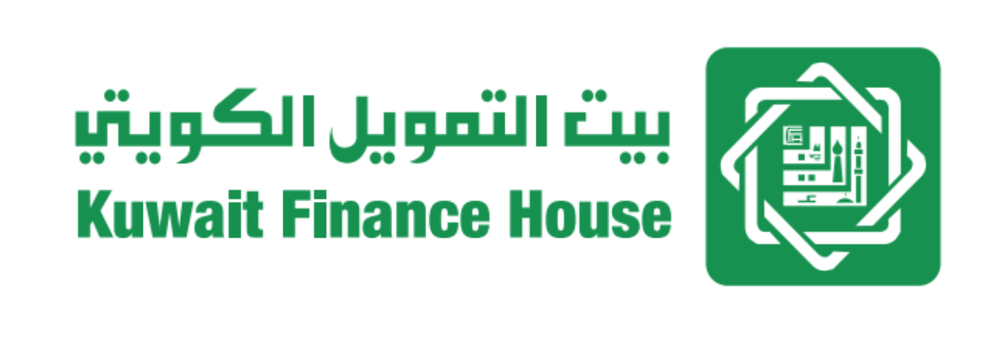Kuwait-Headquartered Edtech Platform Dawrat Offers Courses And Workshops From Industry Experts Dawrat is an online marketplace gathering workshops and courses taught in Arabic, combining training center, trainers, educational event organizers and online course providers all in one platform.
Opinions expressed by Entrepreneur contributors are their own.
You're reading Entrepreneur Middle East, an international franchise of Entrepreneur Media.

This article is part of a series on pioneering entrepreneurs in Kuwait that Entrepreneur Middle East has built in collaboration with Kuwait Finance House. Kuwait Finance House is considered a pioneer in Islamic finance or Sharia'a compliant banking, with it being the first Islamic bank established in 1977 in the State of Kuwait, and is today one of the foremost Islamic financial institutions in the world.

Launched in 2011 by Mohammad Al Suraye and Yousef Bonashi, Dawrat is an online marketplace gathering workshops and courses taught in Arabic, combining training center, trainers, educational event organizers and online course providers all in one platform.
Al Suraye, who was searching for ways to improve his skills, saw a gap in the local market: the challenge of finding a proper institute, inefficient registration and payment methods, and the inability to compare various training course providers. Originally started from a listing website to find traditional training courses in Kuwait, it grew to become a hybrid platform for searching, registering and reviewing training courses from both online and offline settings.
According to Al Suraye, their first challenge was onboarding training centers as they asked for the platform's traffic and user statistics, followed by the uncertainty around online and distance learning since it was still an unaccustomed method. Some also commented on how the platform's use of the Arabic language would be their downfall. To enter the market, the team decided to adopt their plan to bring in individual trainers instead of training companies. The plan worked as it increased the diversified the platform's content, in addition to attracting more users, plus their focus on offering courses and workshops taught in Arabic proved to be beneficial too.
"Our bet was greater than all negative reactions," says Al Suraye. "Our vision from the beginning was to promote the content of the Arabic language, and to be the leading platform world to provide educational services via the internet. And this is what we have achieved today with more than half a million followers per month, [from] what we offer." Dawrat has since launched a mobile app, and has grown to serve over 100,000 users of both trainers and trainees, as well as over 10,000 registered courses and workshops.

They're focusing on growing their online courses too- last year alone, the team decided to increase the production by more than 50%, and have also produced customized online courses for companies based on their needs. Al Suraye notes that they're currently working on the developing the platform to enhance their online courses, especially after seeing the increase of demand and its cost efficiency.
Related: Kuwait's Lawpedia Wants To Offer Better Legal Education For Students And The Public
Excerpt from a conversation with Mohammad Al Suraye, co-founder and CEO, Dawrat:
What are the three main pillars of the profit model of your business? How has that changed over time?
At the beginning of the launch, we relied on the annual subscription fee system for trainers and course organizers. After that we developed the service [more], eliminated the annual subscription requirement and replaced it with a commission base. In addition to that we have marketing services for the courses and also the service of producing online courses and publishing them in the platform.

What are some of the main considerations that entrepreneurs should keep when starting up a business in Kuwait and why?
Building a business is not easy, as it needs a lot of skills that the business owner must possess. The most important of which is the skill of leadership and team building, without these skills the entrepreneur will not be able to succeed and continue in his project. In addition, they need to innovate and continually improve their work. Also, in the journey of building a startup, there are many obstacles that a person will encounter, including competition, rejection, lack of human resources and proper funding. Therefore, the business owner needs to act according to the existing situations and exploit the available tools to reach the desired goal. Finally, one of the important aspects to have is the ability to handle pressure at work.
What are some of the opportunities that you see available in the Kuwaiti market today and what would be your advice to aspiring entrepreneurs?
Kuwait is a country rich with creative people, and from my point of view, any project focused on serving creative people here will have the best chance in the market. In addition, there is the entertainment sector, because Kuwait is thirsty for such projects, due to the limited presence of these projects in the market and an abundance of young people. Young people here represent 70% of the population in general, and are attracted to entertainment activities, so it is an opportunity for entrepreneurs to create projects that serve this market in particular.
Related: Edtech Startup Baims Wants To Make Learning Easier For Kuwait's High School And University Students












